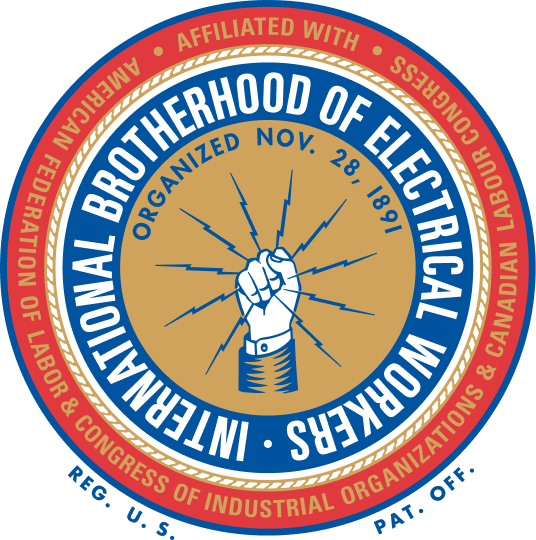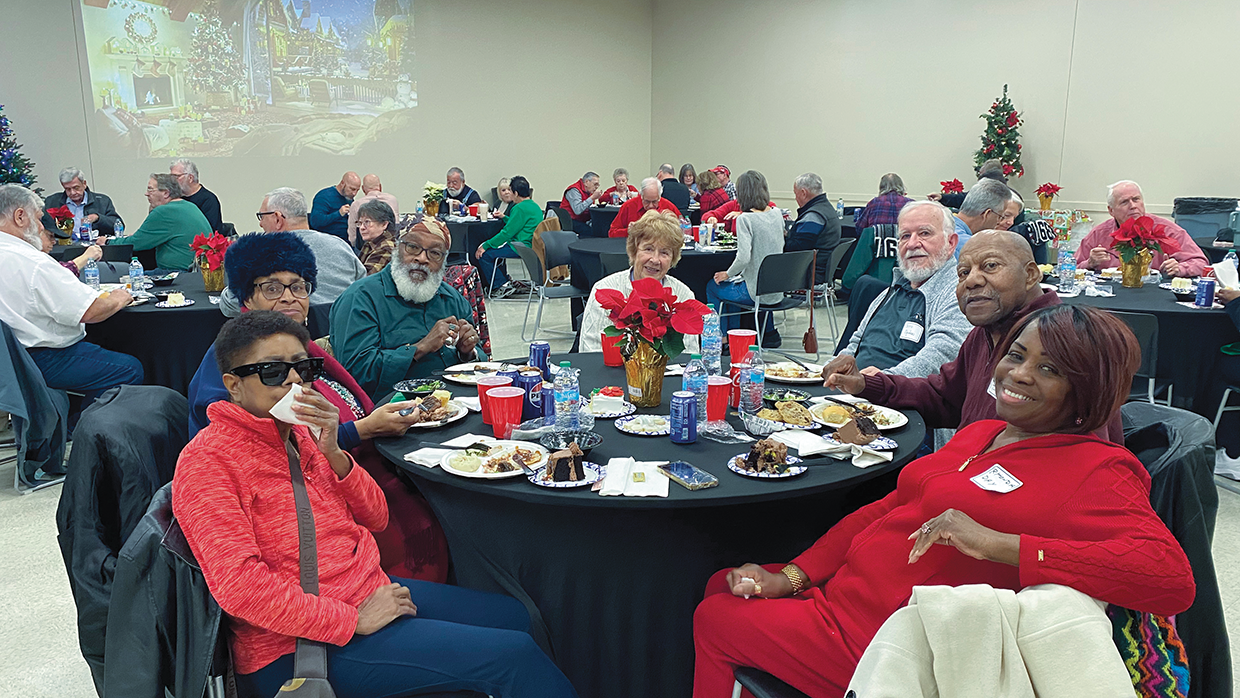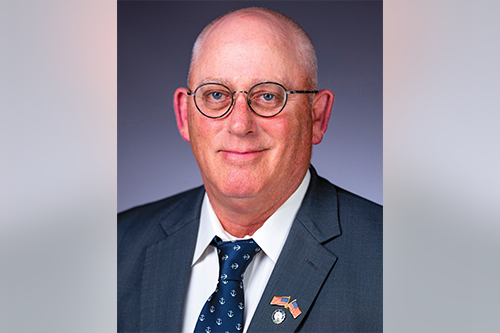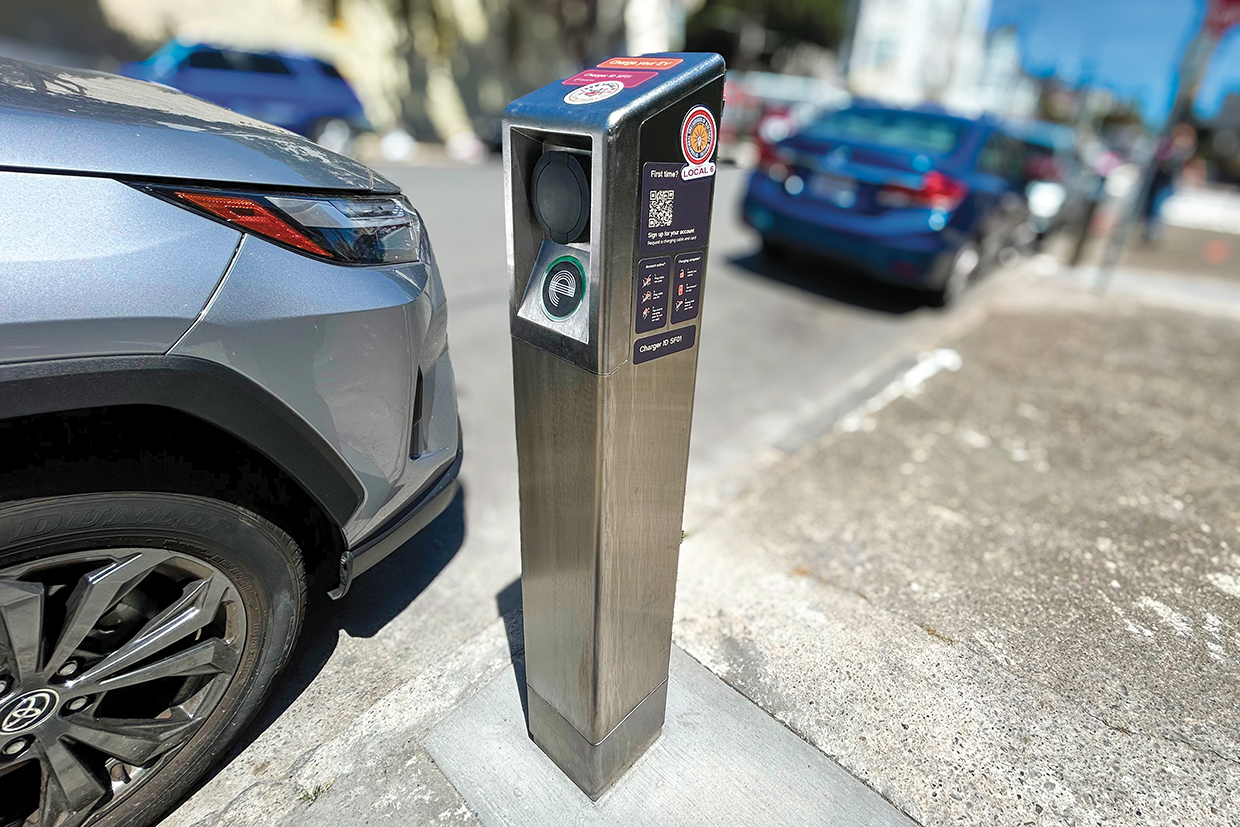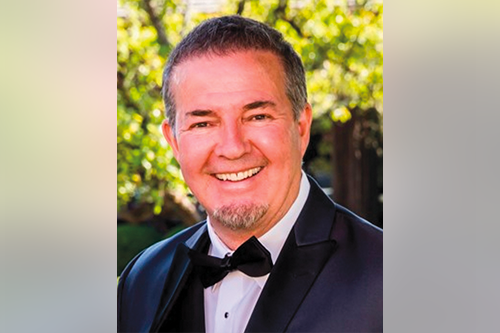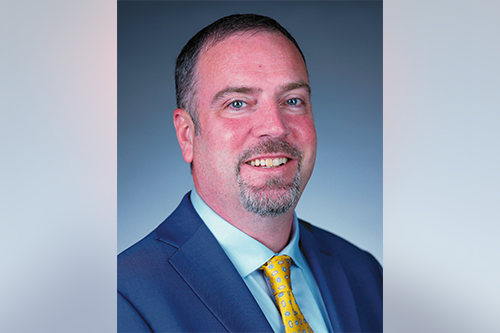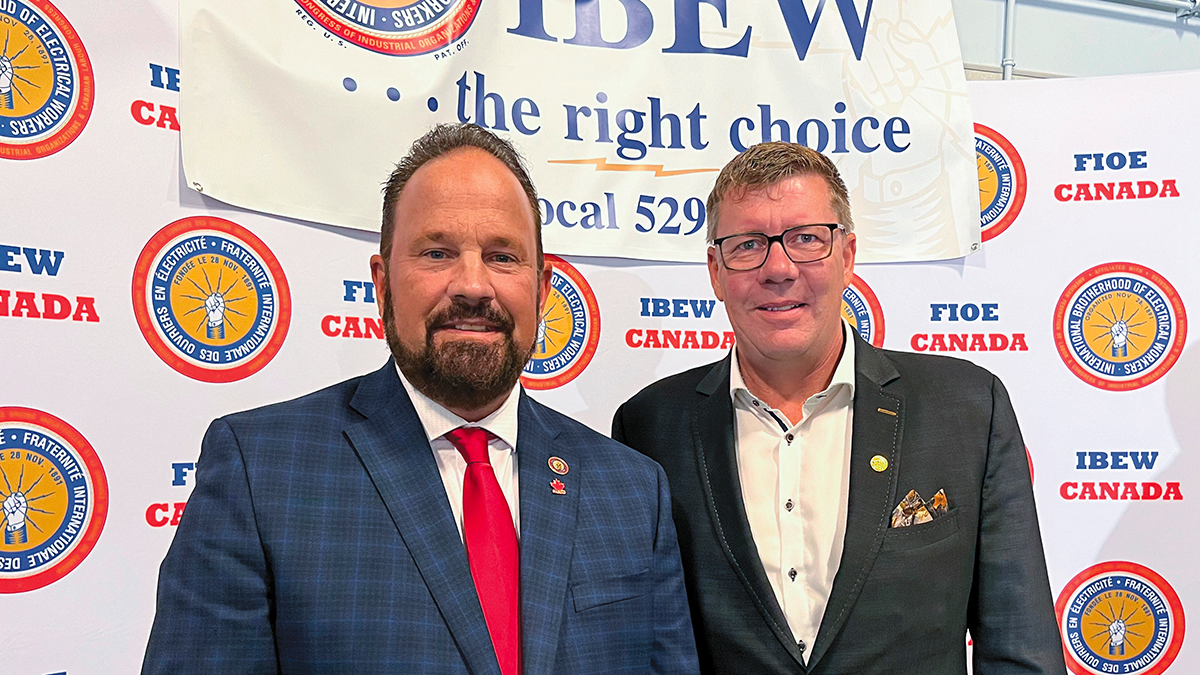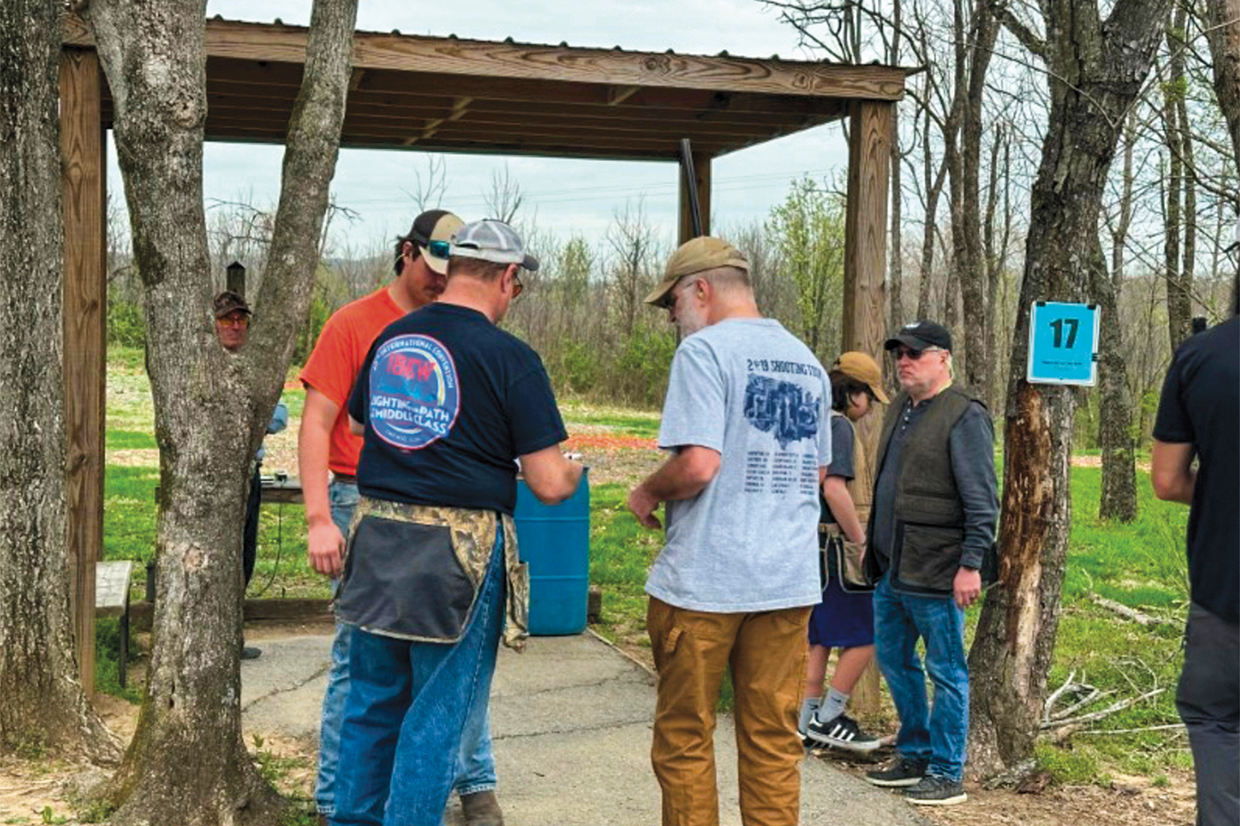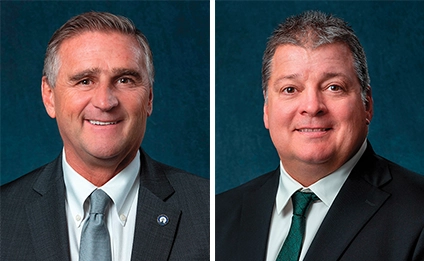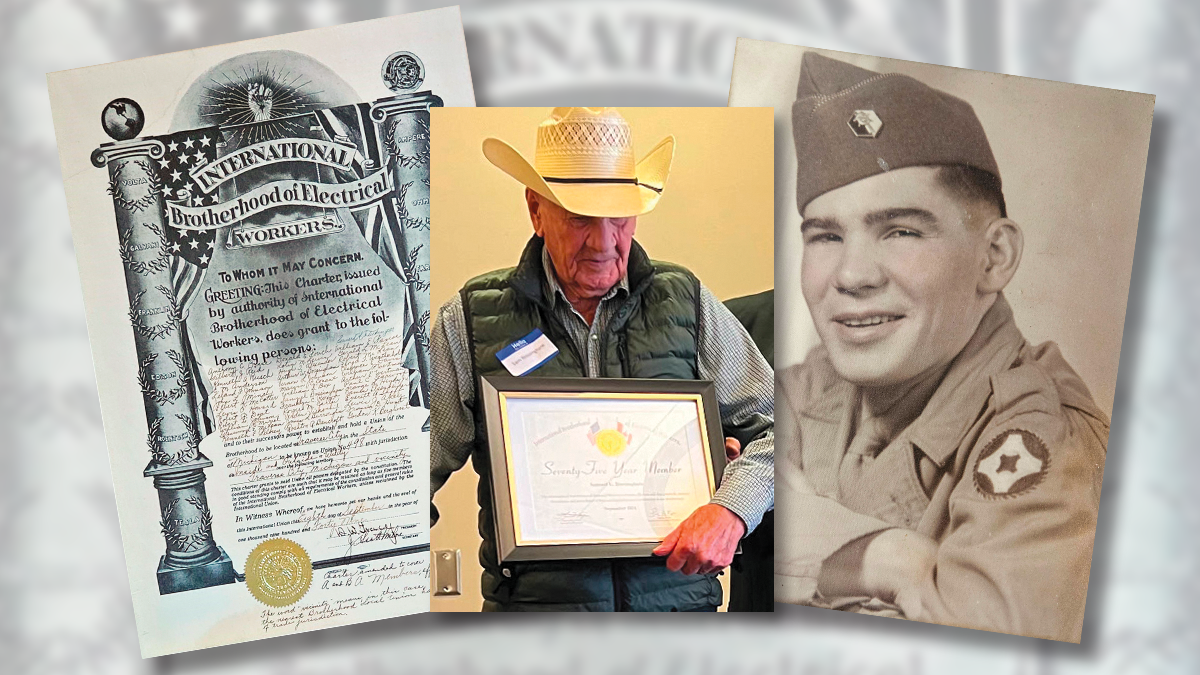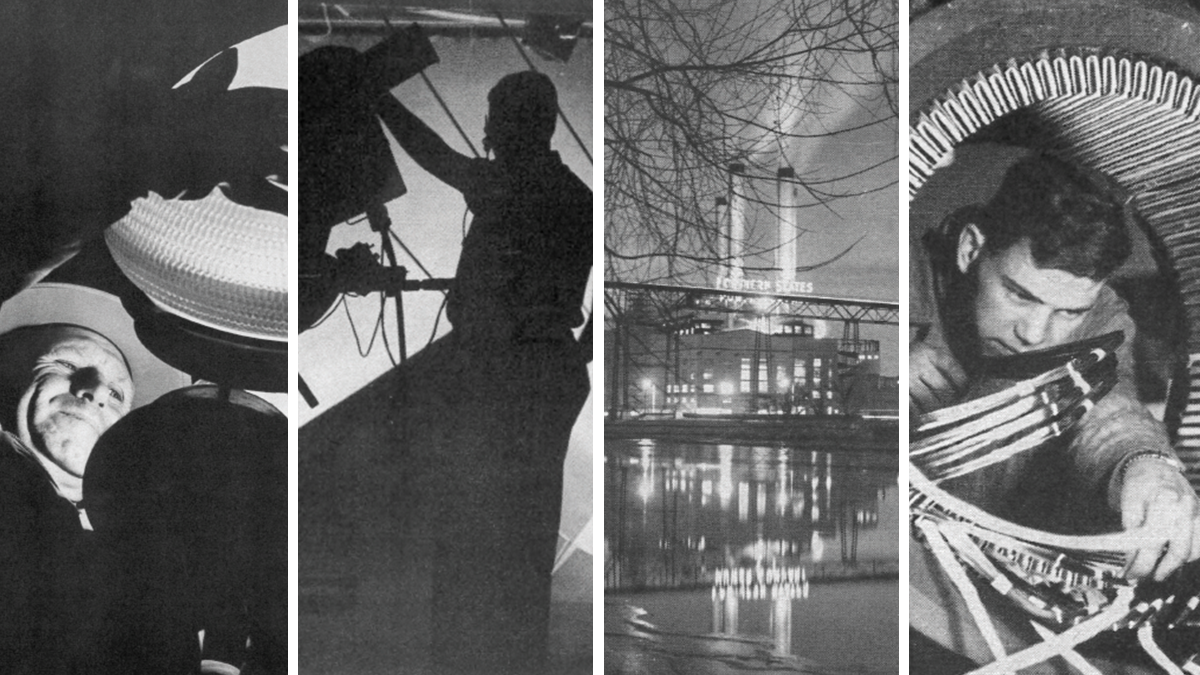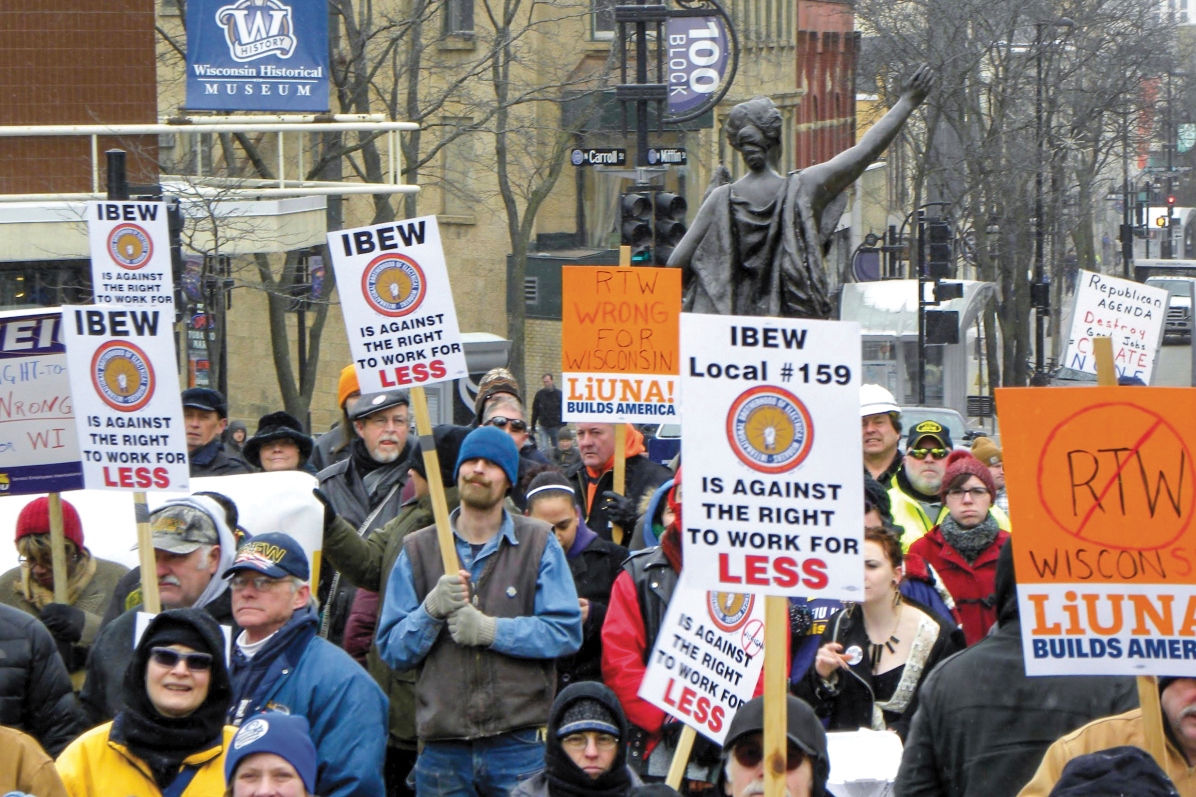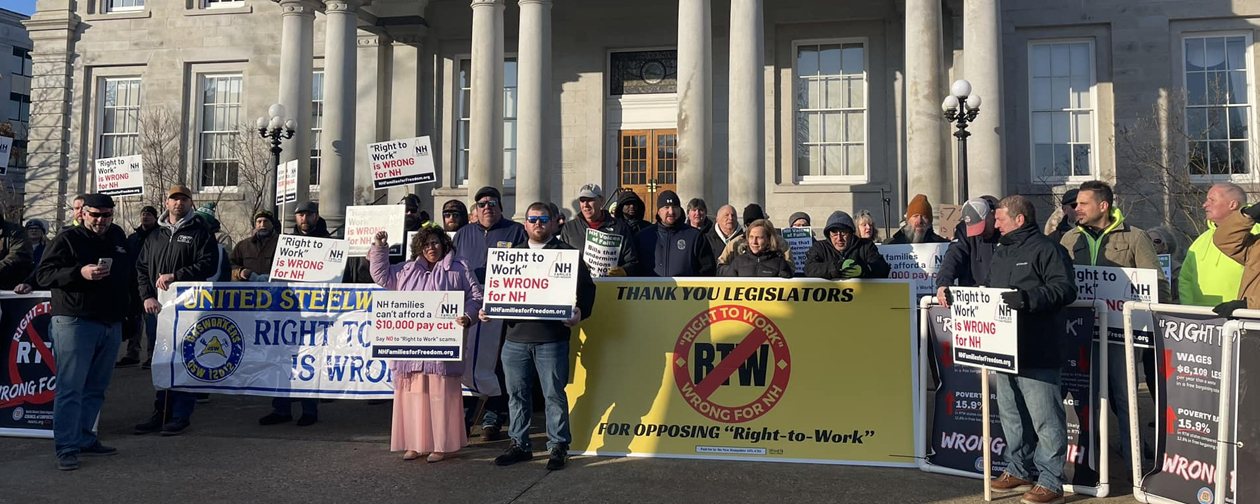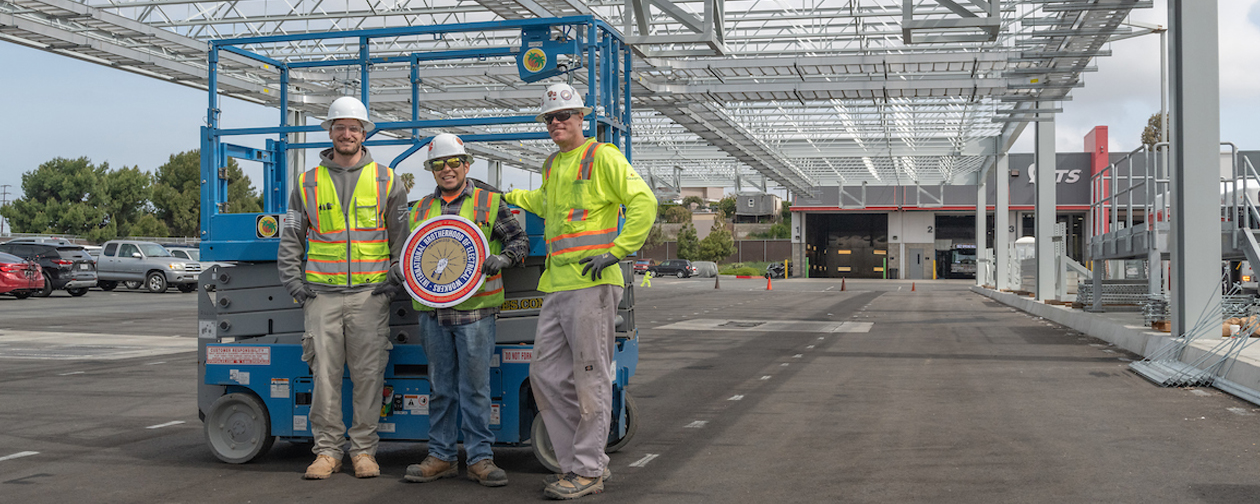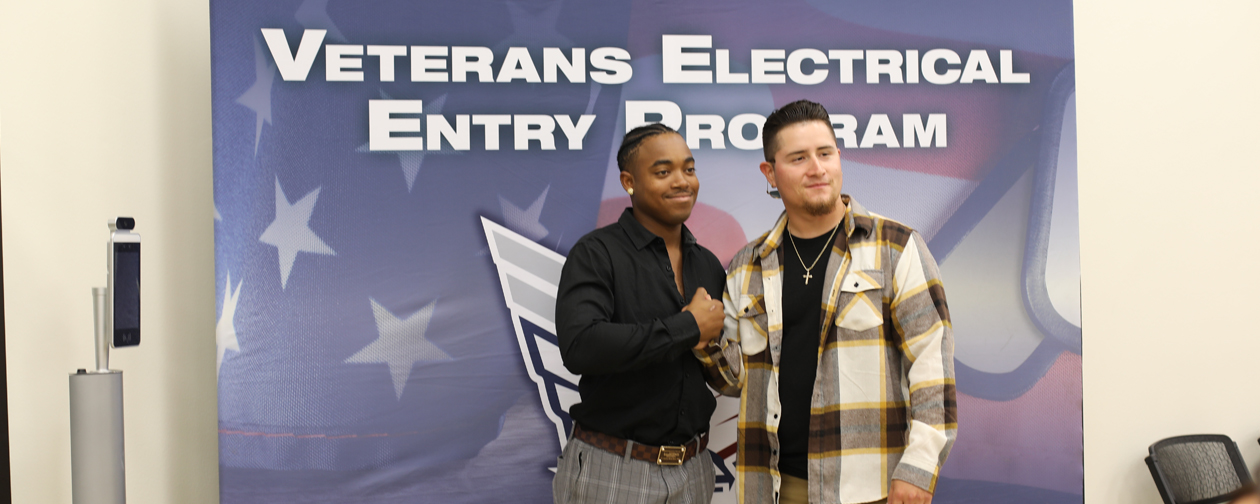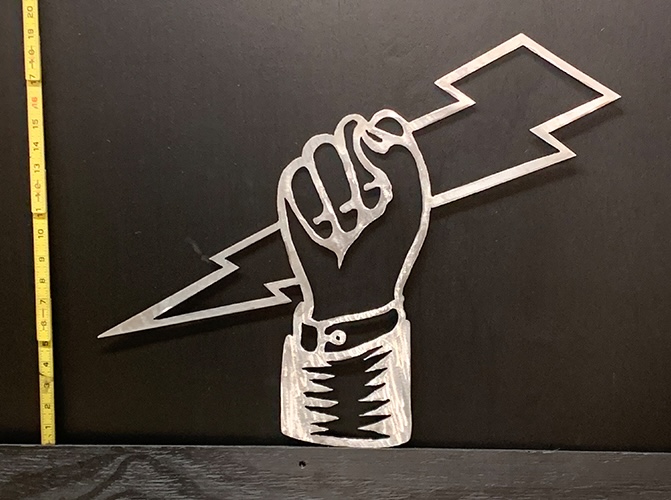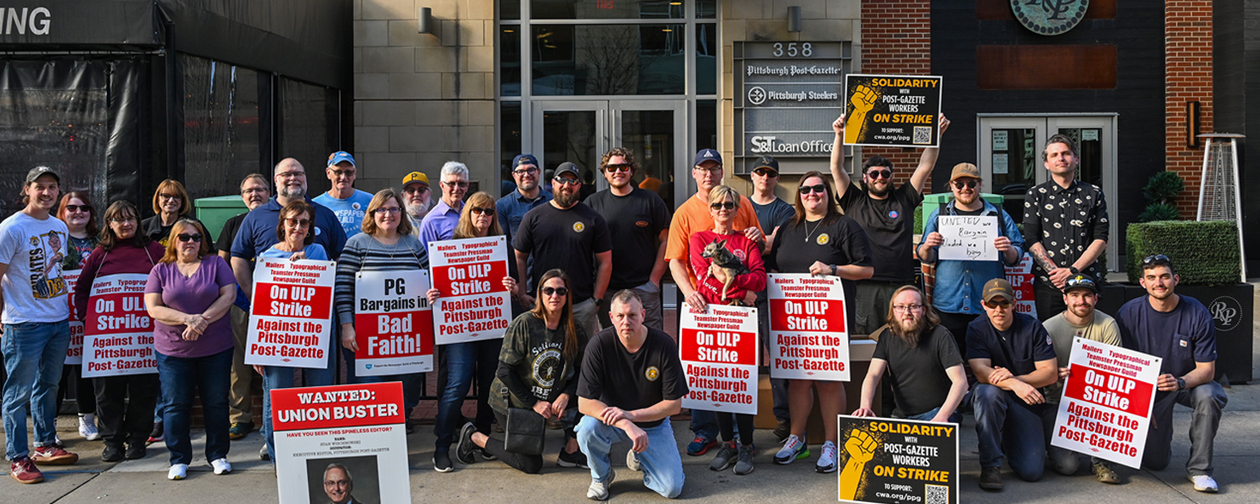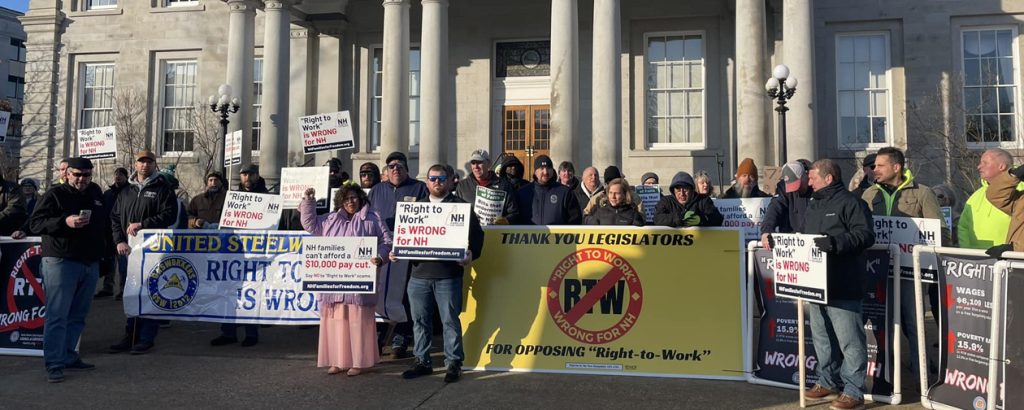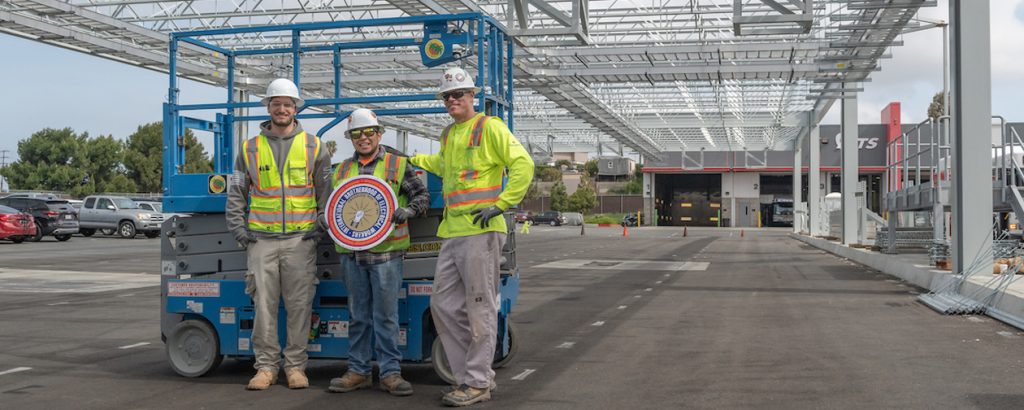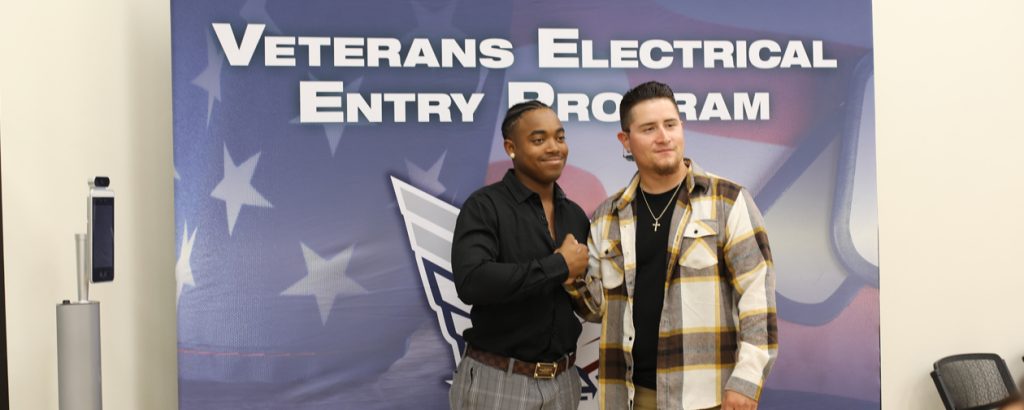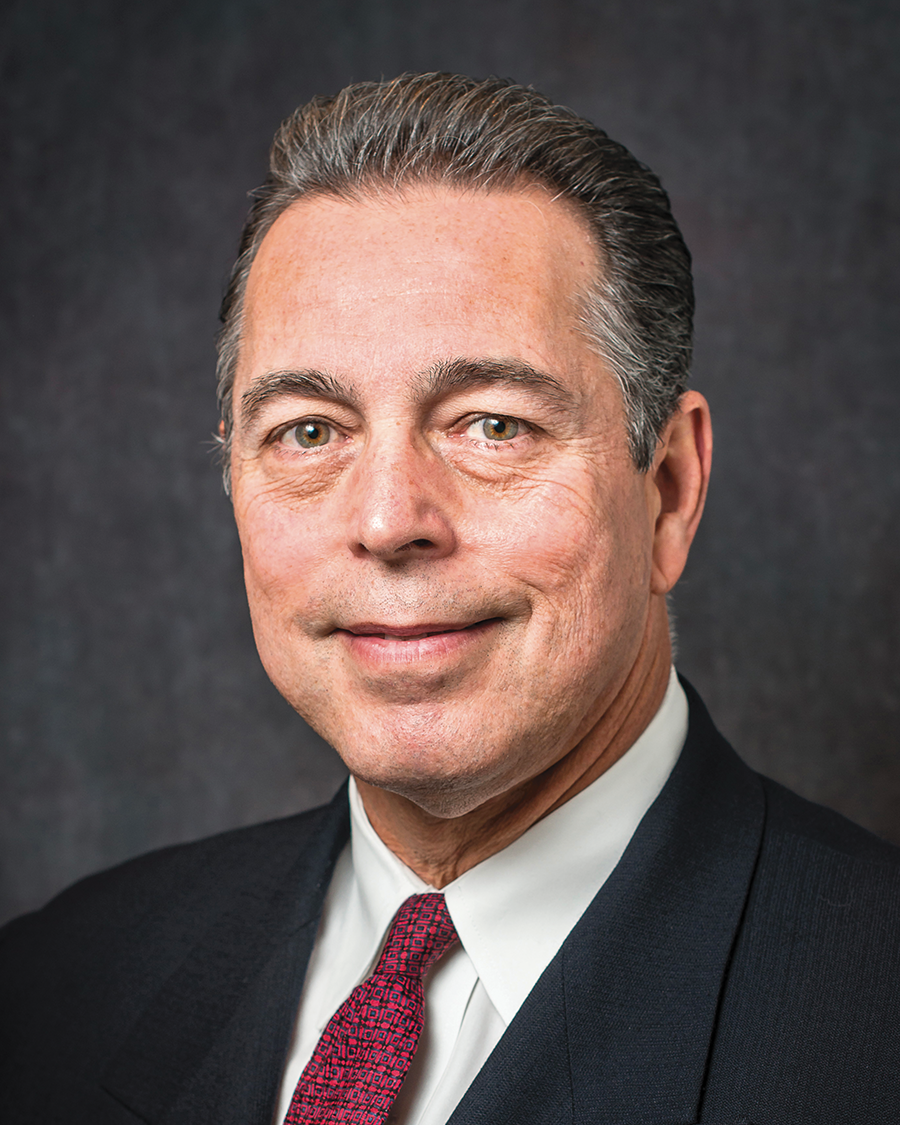
RETIRED — Alphonse Russo Jr., whose steady hand helped bring historic gains to the IBEW’s rail workforce, retired as director of the Railroad Department, effective June 1.
“If you asked me when I joined the IBEW where I would be today, I would never picture myself in this position,” said Russo, who became a member of New Haven, Conn., Local 747, when he joined Amtrak in 1981.
Better known as Al, the New Haven native was initiated into the IBEW when he was hired by Amtrak to electrically maintain the passenger railroad’s equipment.
“I owe a lot to my father,” a 42-year union machinist, Russo said. “When I told him I wanted to get a job in the railroad, he said the IBEW is the future.”
He took a side trip into politics in 1998, though, campaigning on a progressive, union-endorsed platform to represent the 116th District in Connecticut’s House. The incumbent, however, proved too popular to unseat.
Then in 1999, Russo took a job with the Metro-North commuter railroad north of New York City, where he soon became deeply invested in his union.
“The more involved you get, the more you build your passion to try to do the best you can to represent all your members’ best interests,” said Russo, who served Local 747 as their local chairman. In 1998, he became president and chairman.
Managers recognized him as a firm but fair negotiator concerned with workers’ well-being. “The best self-satisfaction you can have as a leader is knowing that you saved somebody’s job,” Russo said.
In 2013, International President Edwin D. Hill hired Russo as an international representative with the Railroad Department in Washington. Seven years later, Hill’s successor, Lonnie Stephenson, appointed Russo as the department’s director.
His early challenges included ensuring members’ safety during the COVID-19 pandemic and freight rail carriers’ ongoing embrace of “precision scheduled railroading,” an efficiency plan that had brought layoffs for hundreds of IBEW members.
“The IBEW taught me how to set priorities and what bars you need to set to get your members where they need to be economically,” said Russo, who holds an associate of science degree in business management from Albertus Magnus College.
Numerous successes marked Russo’s directorship. In September 2022, IBEW members with the largest U.S. freight railroads ratified an agreement that contained the biggest wage increases in nearly five decades, plus a highly sought paid-sick-time provision, for their 4,000 IBEW brothers and sisters.
Three months later, after members of some other rail-related unions failed to ratify it and threatened a nationwide strike, Congress stepped in to implement it — but with paid sick time removed.
Russo and his IBEW negotiators from railroad locals and system councils never stopped pursuing paid sick time. By the following summer, they had successfully negotiated it into agreements with the major carriers.
Last October, the IBEW reached updated freight rail carrier agreements that included more historic pay raises and benefits improvements. A few months earlier, Russo participated in negotiations with Railroad System Council 7 and was on hand as the council signed a negotiated agreement covering more than 1,200 electrical workers at Amtrak that also included a big salary boost as well as work rule differentials.
“No matter how difficult a situation is, Al has always been at the forefront dealing with the issue,” said System Council 7 General Chair Arthur J. Davidson, whom Russo considers a mentor. “We’re in the passenger and freight railroad business, and Al is a great advocate in that regard. He has always demonstrated a strong dedication and work ethic in resolving issues.”
Over the past two years, Russo also oversaw the IBEW’s efforts in lobbying for, and signing, memoranda of understanding guaranteeing labor protections for workers building and eventually maintaining high-speed rail lines in California and Nevada.
“Some of the exciting work we’ve done in this department has been meeting and talking with people on Capitol Hill and in the White House about rail safety issues,” he added, acknowledging help from the Government Affairs Department. He also enjoyed working with the leaders of other unions and the railroads.
“Al has always been a consummate professional and a good friend,” said Davidson, who’s known Russo for more than 30 years. “He’s been very dedicated and committed to his position.”
Russo recalled how International President Kenneth W. Cooper, shortly after taking over for Stephenson in 2022, asked his directors to tell him their goals.
“It made me work even harder because I wanted to do something, not only for the IBEW, but for Kenny,” Russo said. “He only succeeds if we succeed.”
Cooper asked the entire IBEW membership to wish Russo well in his retirement. “Over the years, Al’s steady hand has helped make life better for all of our railroad brothers and sisters,” he said.
Russo plans to move back to Connecticut with his wife, Anna, to spend more time with her and their two daughters — and to try to relax.
He described his tenure as director: “Imagine you’re on a tarmac, the jet takes off, and then you’re at 40,000 feet at 400 miles an hour. Then, the pilot says, ‘We need to go to 60,000 feet at 500 miles an hour.’ The only problem? The jet never lands.
“My foot’s been on the gas,” Russo continued, “but now I’m going to be able to back off and land.”
